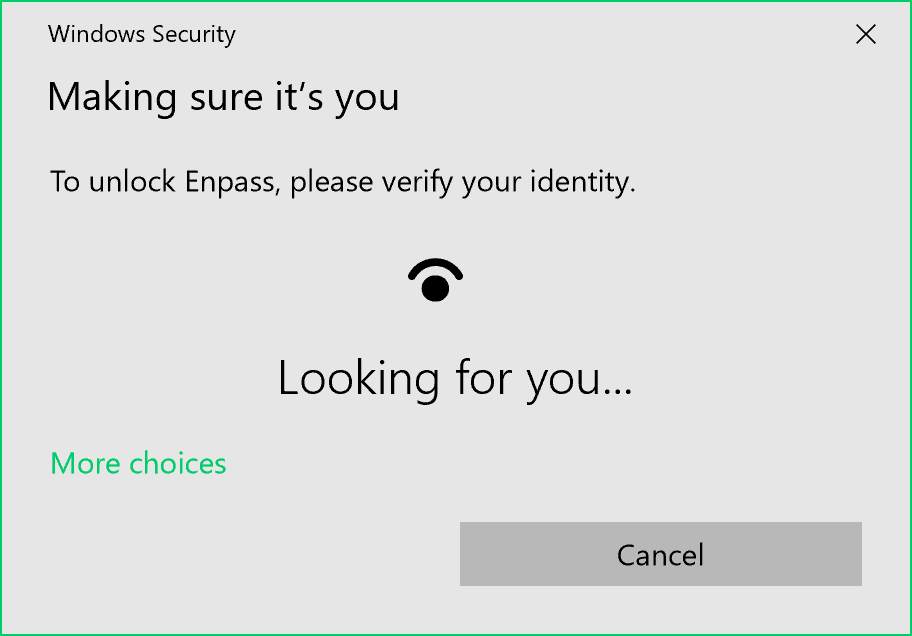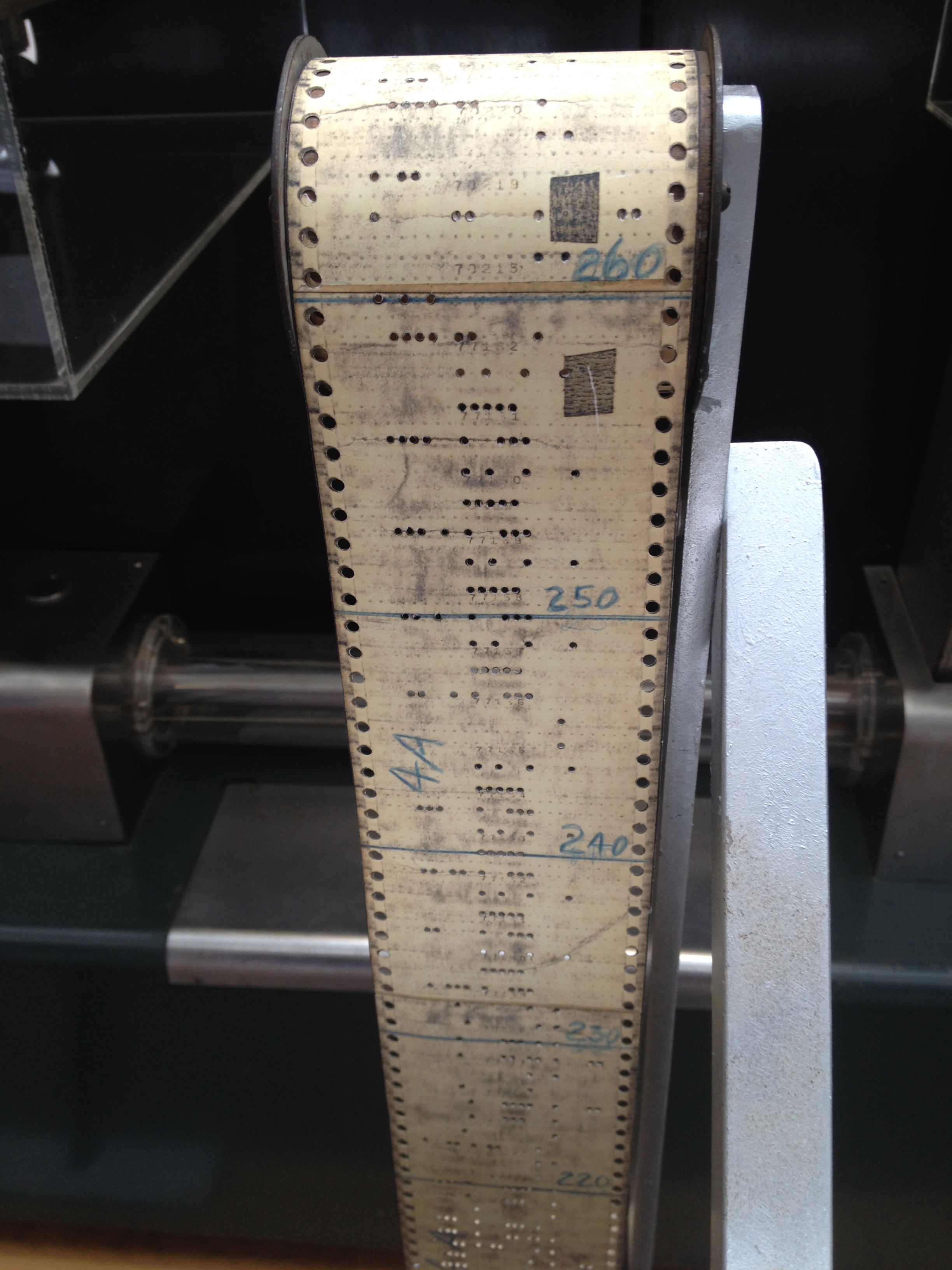|
OpenMPT
OpenMPT is an open-source audio module tracker for Windows (with an intended Wine-functionality for UNIX and Linux x86-systems). It was previously called ModPlug Tracker, and was first released by Olivier Lapicque in September 1997. ''Computer Music'' magazine listed OpenMPT among the top five free music trackers in 2007, and it is one of the most widely used trackers. History MOD Plugin and ModPlug Tracker OpenMPT was initially developed as a browser plug-in called MOD Plugin, which enabled users to play music and other sounds encoded in module files. ModPlug Tracker, along with a player application named ModPlug Player, evolved from this plug-in. In December 1999, Olivier Lapicque sent the module-playing parts of ModPlug Tracker's source code to Kenton Varda, under the GPL-2.0-or-later, to write a plugin for XMMS based on the code. In 2001, the source code was released in the public domain, [...More Info...] [...Related Items...] OR: [Wikipedia] [Google] [Baidu] |
Module File
Module file (MOD music, tracker music) is a family of music file formats originating from the MOD file format on Amiga systems used in the late 1980s. Those who produce these files (using the software called music trackers) and listen to them form the worldwide MOD scene, a part of the demoscene subculture. The mass interchange of "MOD music" or "tracker music" (music stored in module files created with trackers) evolved from early FIDO networks. Many websites host large numbers of these files, the most comprehensive of them being the Mod Archive. Nowadays, most module files, including ones in compressed form, are supported by most popular media players such as VLC, Foobar2000, Exaile and many others (mainly due to inclusion of common playback libraries such as libmodplug for gstreamer). Structure Module files store digitally recorded samples and several "patterns" or "pages" of music data in a form similar to that of a spreadsheet. These patterns contain note number ... [...More Info...] [...Related Items...] OR: [Wikipedia] [Google] [Baidu] |
Music Tracker
A music tracker, or simply a tracker, is a type of music sequencer software for creating music. The music is represented as discrete musical notes positioned in several channels at chronological positions on a vertical timeline. A music tracker's user interface is traditionally number based. Notes, parameter changes, effects and other commands are entered with the keyboard into a grid of fixed time slots as codes consisting of letters, numbers and hexadecimal digits. Separate patterns have independent timelines; a complete song consists of a master list of repeated patterns. Later trackers departed from solely using module files, adding other options both to the sound synthesis (hosting generic synthesizers and effects or MIDI output) and to the sequencing (MIDI input and recording), effectively becoming general purpose sequencers with a different user interface. In the 2010s, tracker music is still featured in demoscene products for old hardware platforms and demoparties have o ... [...More Info...] [...Related Items...] OR: [Wikipedia] [Google] [Baidu] |
ModPlug Player
ModPlug Player is a module file player developed by Olivier Lapicque in conjunction with the original ModPlug Tracker project and the ''ModPlug'' Browser plugin. Features include a playlist editor, graphical equalizer, automatic gain control, bass expansion, reverb, Dolby Surround Sound support and the ability to mix two modules simultaneously and to change their pitch and tempo. The player supports a variety of module music files in both native and compressed (ZIP / RAR / LHA) formats. The software was originally developed along with ''ModPlug Tracker'', now known as OpenMPT, and modernized ModPlug engine is now used for decoding module files in the open source multimedia framework GStreamer under the name ''libmodplug''. at [...More Info...] [...Related Items...] OR: [Wikipedia] [Google] [Baidu] |
Windows 10
Windows 10 is a major release of Microsoft's Windows NT operating system. The successor to Windows 8.1, it was Software release cycle#Release to manufacturing (RTM), released to manufacturing on July 15, 2015, and later to retail on July 29, 2015. Windows 10 was made available for download via MSDN and Microsoft Technet, TechNet, as a free upgrade for retail copies of Windows 8 and Windows 8.1 users via the Microsoft Store, and to Windows 7 users via Windows Update. Unlike previous Windows NT releases, Windows 10 receives new software build, builds on an ongoing basis, which are available at no additional cost to users; devices in enterprise environments can alternatively use long-term support milestones that only receive critical updates, such as security patch (computing), patches. It was succeeded by Windows 11, which was released on October 5, 2021. In contrast to the Tablet computer, tablet-oriented approach of Windows 8, Microsoft provided the desktop environment, de ... [...More Info...] [...Related Items...] OR: [Wikipedia] [Google] [Baidu] |
Public Domain
The public domain (PD) consists of all the creative work to which no Exclusive exclusive intellectual property rights apply. Those rights may have expired, been forfeited, expressly Waiver, waived, or may be inapplicable. Because no one holds the exclusive rights, anyone can legally use or reference those works without permission. As examples, the works of William Shakespeare, Ludwig van Beethoven, Miguel de Cervantes, Zoroaster, Lao Zi, Confucius, Aristotle, L. Frank Baum, Leonardo da Vinci and Georges Méliès are in the public domain either by virtue of their having been created before copyright existed, or by their copyright term having expired. Some works are not covered by a country's copyright laws, and are therefore in the public domain; for example, in the United States, items excluded from copyright include the formulae of Classical mechanics, Newtonian physics and cooking recipes. Other works are actively dedicated by their authors to the public domain (see waiver) ... [...More Info...] [...Related Items...] OR: [Wikipedia] [Google] [Baidu] |
Gstreamer
GStreamer is a Pipeline (computing), pipeline-based multimedia framework that links together a wide variety of media processing systems to complete complex workflows. For instance, GStreamer can be used to build a system that reads files in one format, processes them, and exports them in another. The formats and processes can be changed in a plug and play fashion. GStreamer supports a wide variety of media-handling components, including simple Digital audio, audio playback, audio and video playback, Sound recording and reproduction, recording, Streaming media, streaming and editing. The pipeline design serves as a base to create many types of multimedia applications such as Video editing, video editors, Transcoding, transcoders, streaming media broadcasters and Media player (application software), media players. It is designed to work on a variety of operating systems, e.g. the Berkeley Software Distribution, BSDs, OpenSolaris, Linux, Android (operating system), Android, macOS, i ... [...More Info...] [...Related Items...] OR: [Wikipedia] [Google] [Baidu] |
Open-source License
Open-source licenses are software licenses that allow content to be used, modified, and shared. They facilitate free and open-source software (FOSS) development. Intellectual property (IP) laws restrict the modification and sharing of creative works. Free and open-source licenses use these existing legal structures for an inverse purpose. They Grant (law), grant the recipient the rights to use the software, examine the source code, modify it, and distribute the modifications. These criteria are outlined in the Open Source Definition. After 1980, the United States began to treat software as a literary work covered by copyright law. Richard Stallman founded the free software movement in response to the rise of proprietary software. The term "open source" was used by the Open Source Initiative (OSI), founded by free software developers Bruce Perens and Eric S. Raymond. "Open source" emphasizes the strengths of the Open-source software development, open development model rather tha ... [...More Info...] [...Related Items...] OR: [Wikipedia] [Google] [Baidu] |
Backport
Backporting is the action of taking parts from a newer version of a software system or software component and porting them to an older version of the same software. It forms part of the maintenance step in a software development process, and it is commonly used for fixing security issues in older versions of the software and also for providing new features to older versions. Overview The simplest and probably most common situation of backporting is a fixed security hole in a newer version of a piece of software. Consider this simplified example: * Software v2.0 had a security vulnerability that is fixed by changing the text 'is_unsecured' to 'is_secured'. * The same security hole exists in Software v1.0, from which the codebase for the newer version is derived, but there the text may read 'is_notsecure'. By taking the modification that fixes Software v2.0 and changing it so that it applies to Software v1.0, one has effectively backported the fix. In real-life situations, the m ... [...More Info...] [...Related Items...] OR: [Wikipedia] [Google] [Baidu] |
Bugfix
A patch is data that is intended to be used to modify an existing software resource such as a program or a file, often to fix bugs and security vulnerabilities. A patch may be created to improve functionality, usability, or performance. A patch is typically provided by a vendor for updating the software that they provide. A patch may be created manually, but commonly it is created via a tool that compares two versions of the resource and generates data that can be used to transform one to the other. Typically, a patch needs to be applied to the specific version of the resource it is intended to modify, although there are exceptions. Some patching tools can detect the version of the existing resource and apply the appropriate patch, even if it supports multiple versions. As more patches are released, their cumulative size can grow significantly, sometimes exceeding the size of the resource itself. To manage this, the number of supported versions may be limited, or a complete c ... [...More Info...] [...Related Items...] OR: [Wikipedia] [Google] [Baidu] |
Free Software
Free software, libre software, libreware sometimes known as freedom-respecting software is computer software distributed open-source license, under terms that allow users to run the software for any purpose as well as to study, change, distribute it and any adapted versions. Free software is a matter of liberty, not price; all users are legally free to do what they want with their copies of a free software (including profiting from them) regardless of how much is paid to obtain the program.Selling Free Software (GNU) Computer programs are deemed "free" if they give end-users (not just the developer) ultimate control over the software and, subsequently, over their devices. The right to study and modify a computer program entails that the source code—the preferred ... [...More Info...] [...Related Items...] OR: [Wikipedia] [Google] [Baidu] |
Copyleft
Copyleft is the legal technique of granting certain freedoms over copies of copyrighted works with the requirement that the same rights be preserved in derivative works. In this sense, ''freedoms'' refers to the use of the work for any purpose, and the ability to modify, copy, share, and redistribute the work, with or without a fee. Licenses which implement copyleft can be used to maintain copyright conditions for works ranging from computer software, to documents, art, and scientific discoveries, and similar approaches have even been applied to Patentleft, certain patents. Copyleft software licenses are considered ''protective'' or ''reciprocal'' (in contrast with Permissive software license, permissive free software licenses): they require that information necessary for reproducing and modifying the work be made available to recipients of the software program. This information is most commonly in the form of source code files, which usually contain a copy of the license terms ... [...More Info...] [...Related Items...] OR: [Wikipedia] [Google] [Baidu] |



